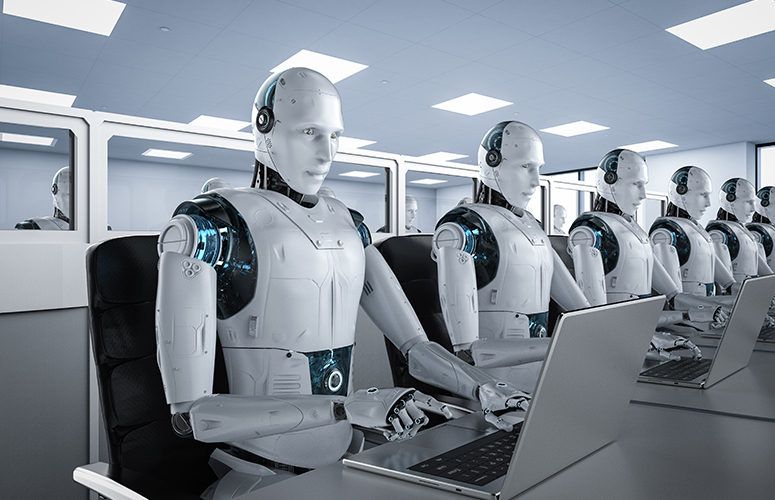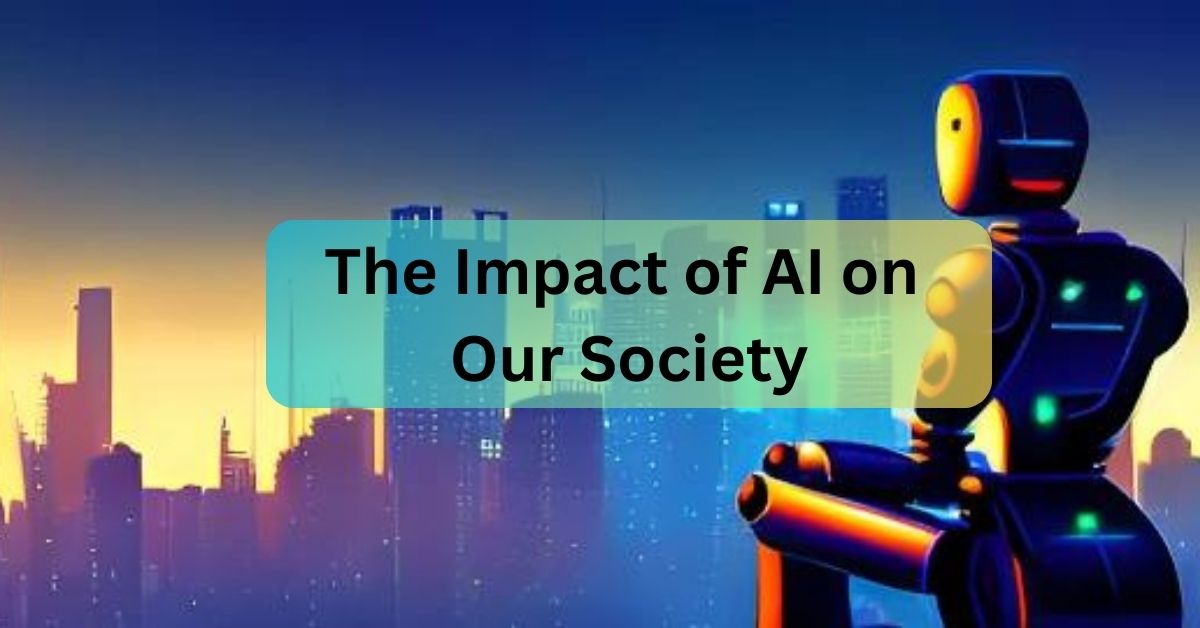The Impact of AI on Our Society: A Journey into the Future
Imagine a world where machines can learn, reason, and make decisions on their own. This is not the future; it’s the present. Artificial Intelligence (AI) is already here, and its impact on our society is profound.
Artificial Intelligence (AI) has emerged as a transformative force in our society, reshaping industries, economies, and even the way we live our lives. Over the past few decades, AI has rapidly evolved, bringing about both promising opportunities and significant challenges.
This article explores the multifaceted impact of AI on our society, delving into its influence on the economy, healthcare, education, ethics, and more.
AI in the Economy
AI has revolutionized the global economy by enhancing productivity, driving innovation, and creating new job opportunities. Automation of repetitive tasks has allowed workers to focus on more creative and complex aspects of their jobs.
AI-powered algorithms are optimizing supply chains, helping businesses make data-driven decisions, and even enabling personalized marketing strategies.
However, concerns about job displacement persist, as AI can replace certain routine jobs. To address this, reskilling and upskilling programs are becoming essential to prepare the workforce for AI-driven industries.
Healthcare Transformation

In the field of healthcare, AI has made significant strides in diagnosis, treatment, and drug discovery. AI-driven medical imaging has improved the accuracy of diagnoses, while predictive analytics assists in identifying potential outbreaks of diseases.
Additionally, AI algorithms can analyze vast datasets to discover novel drug candidates more efficiently than ever before. However, issues of data privacy, security, and algorithm bias must be addressed to fully harness AI’s potential in healthcare.
Education and Learning
AI has started to revolutionize education by providing personalized learning experiences. Adaptive learning platforms use AI to tailor coursework to individual students’ needs, helping them reach their full potential. AI-powered virtual tutors and chatbots are available 24/7, offering students additional support. Nevertheless, challenges such as data privacy concerns, the digital divide, and ensuring the human touch in education must be carefully navigated.
Ethical Considerations
AI raises ethical concerns related to bias, transparency, and accountability. Machine learning algorithms can inherit biases from the data they are trained on, leading to discriminatory outcomes.
Ethical guidelines and regulations are being developed to ensure fairness and transparency in AI systems. Additionally, questions about the ethical use of AI in autonomous weapons, surveillance, and decision-making processes are of growing concern.
AI and the Workforce

AI’s impact on the workforce is complex. While some jobs may be automated, AI also creates new roles and opportunities. It enhances productivity and efficiency across various industries, leading to economic growth.
However, preparing the workforce for the AI era is a pressing challenge. Education and training programs must adapt to teach AI-related skills, and governments and businesses need to collaborate to address potential job displacement.
The Role of Government and Regulation
Governments play a crucial role in shaping the AI landscape through regulation and policy. The challenge lies in finding the right balance between fostering innovation and protecting society.
Regulations related to data privacy, algorithmic transparency, and ethical AI are being developed worldwide. International cooperation is essential to address global AI challenges and ensure that AI technologies benefit humanity as a whole.
AI and Privacy
AI’s hunger for data has raised concerns about individual privacy. AI systems often rely on vast amounts of personal information to function effectively. Striking a balance between utilizing data for innovation and safeguarding individuals’ privacy rights is essential. Robust data protection laws, user consent mechanisms, and transparent data usage policies are vital in this context.
AI in Security and Defense
AI has a growing role in security and defense, including threat detection, cybersecurity, and autonomous weapons. While AI can enhance security measures and protect against cyber threats, concerns about the potential misuse of AI-driven weapons and the risk of unintentional escalation in conflicts must be addressed through international agreements and ethical guidelines.
Conclusion
The impact of AI on our society is profound and multifaceted. It has the potential to drive economic growth, improve healthcare outcomes, and transform education.
However, it also presents challenges related to ethics, privacy, and the future of work. As AI continues to evolve, it is crucial for governments, businesses, and individuals to work together to harness its benefits while mitigating its risks.
Responsible development, transparent regulation, and ongoing ethical considerations will be key to shaping a future where AI serves the best interests of society as a whole.

